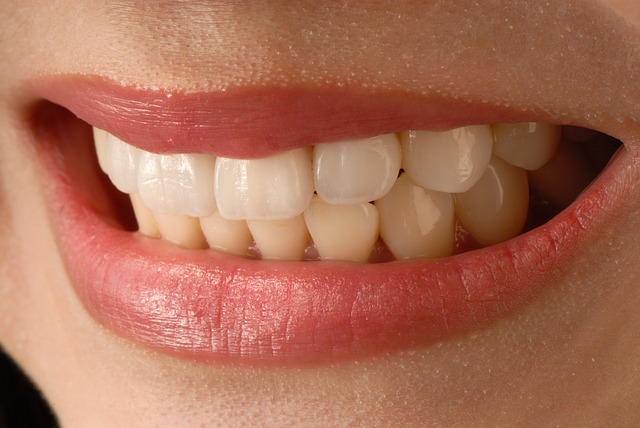Sensitive teeth occur when the nerves of your dentin are easily irritated which can result in mild discomfort or even sharp pain. Too many people go through their life without ever addressing the sensitivity of their teeth, but there are ways to help sooth that sensitivity. Take a look at these 7 ways to care for your sensitive teeth:
1. Talk to Your Dentist
When there’s a problem in your mouth, always remember that you have a dentist for a reason. Our dental office is here to help you have the healthiest smile in any way we can. So if your child is experiencing irritation from sensitive teeth, be sure to consult the dentist. We may be able to determine the root of the problem as well as provide you with helpful ways to deal with or even eradicate tooth sensitivity.
2. Find the Right Toothpaste
There are toothpastes made specifically for people suffering from sensitive teeth. Your dentist may even prescribe you with toothpaste to treat and prevent further sensitivity associated with brushing. At the end of the day (and the beginning), you have to brush, but finding toothpaste specific to your needs can help to ease any discomfort.
3. Get a Sensitive Toothbrush
If you have sensitive teeth, you’re going to require a toothbrush with softer bristles than the typical brusher needs. These special toothbrushes can be found at most pharmacies. Feel free to ask your dentist for recommendations. Try to brush vertically rather than horizontally, which can be more painful as it further exposes the roots of your teeth.
4. Avoid Certain Foods When Possible
Too hot or too cold can be painful if you’re struggling with sensitive teeth. Certain drinks or highly acidic foods may be problematic as well. Sensitive teeth can have triggers and once you learn what those are it’s best for you to avoid them until sensitivity has improved or subsided.
5. Maintain Your Dental Hygiene Routine
You don’t want to ever skip out on brushing or flossing, but this is one case where it’s particularly important that you don’t brush too hard. Be gentle with your delicate teeth. You still need to brush twice daily but with a soft bristle toothbrush and sensitivity minded toothpaste, you should be able to maintain your oral care routine.
6. Consider Outside Factors
Do you grind your teeth? Are you using at home teeth whitening strips? Things like these can result in sensitive teeth. If you’ve never dealt with sensitivity before, think of what’s new to your mouth. You might be eating too many citrus fruits, which have high acidity. Whatever it is, addressing the behavior and consulting with your dentist is essential for the health of your teeth.
7. Drink More Water
Just like almost every other health concern, hydration can do wonders to those suffering from tooth sensitivity. Water helps to clear away any sugar or acid that gets stuck in your teeth. You brush morning and night, but throughout the day drinking water helps to wash and rinse your smile. The less water you drink, the more irritants get stuck in your teeth and sensitivity ensues.
Sensitivity in your teeth can be caused by a wide variety of issues. You may simply be predisposed to generalized pain. On the other hand, sensitivity might be ensuing from neglected dental hygiene, which can result in tooth decay. Your enamel could be worn out, but no matter what the issue, sensitive teeth is something to be addressed by your dentist. So care for your sensitive teeth in every way you can, but don’t forget to let your dentist know about your pain in order to help ease said pain as well as detect any underlying issues.
